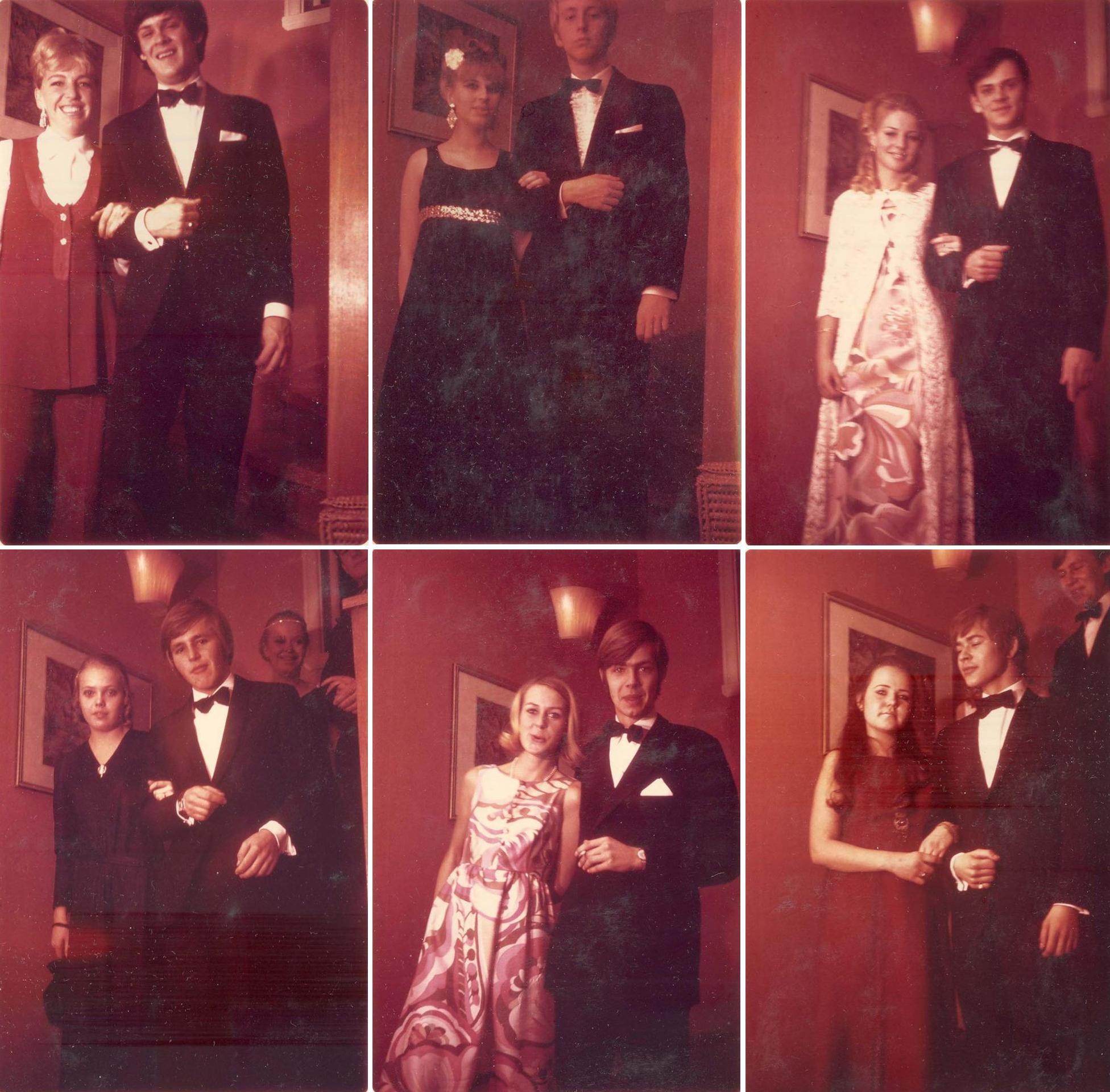1968 on the Sofa

“1968 on the Sofa” - live performance with the nomadic producers,
Seppo Gründler: music, sound, pictures and Rupert Lehofer: dramaturgy, acting, improvisation.
ESC, Graz, May 8th 17h - trailer.
Video/Sound Installation Nov./Dec./Jan. 2018, opening performance 20th of November 2018
“Blessed are those who always only want to watch television, who are free of fear, who know that pictures do not bite, are desirelessly happy, to which the whole world appears at the touch of a button.”
Bacon Brock
In 2013 Rupert Lehofer and Seppo Gründler and dealt with the construction of various memories in the context of mixed-language border areas - the project Asynchronius Memories. Of particular interest was the Slovenian/Carinthian border area and the influence of the respective language affiliation.
In “May68 in front of the TV” again the construction of memory is in the foreground, but this time the construction of memory in the second order, the construction of memory of media realities. The topic of research is the jubilee year 68, which marks the fiftieth time in 2018.
The nomadic producers are less interested in the personal stories, but what has happened to date with the memory mediated by the media. The reception of reality, memory versus overlay, the memory of a certain time which gave the name to a whole a generation, the 68th. Nevertheless only a fraction of them was “really” there.
At the same time we want to free the discussion on 1968 from the neo-liberal discourse and investigate the question of whether and how a predominantly medial-mediated social movement has had an effect on society. Were new possibilities and ideas opened to a broad public (eg, the first student parliaments formed in Klagenfurt) etc, or deflated the movement in repressive tolerance.
Television had already become mass-media in Europe in 1968 (in 1955 there were 100,000 televisions in Germany and in 1964 already 7,000,000). 1964 forms a tipping point, after which important events (Olympics, moon landing, Vietnam War, 68 protests, Prague Spring ..) were transmitted primarily via imaging equipment directly into the households. Looking at the beginning of the transformation of the media landscape we can gain information about the consequences, these insights can be transferred to other transformations without being historicizing.
We travel to various so-called second cities in Europe. Possible area goes from the former Eastern Bloc to Portugal and we interview 65-75 year old women and men who watched the events in front of the TV in May 68. City archives will help to find out what happened back then in the city, media people who were involved in it at that time can hopefully provide what was broadcasted when and can tell us what was important etc ..
These traditional TV memories plus the results of our research form the material of our performance. Although the texts and images will not be audible or visible to the public directly, they will accompany us live.
The audio and video multi-channel installation will be generated from the interviews and collected visual and audio material. Not strict documentary but transferred into the current time, making the breakages and contradictions noticeable, according to aesthetic, dramaturgical and interpretational aspects.
“May 68 did not really do much good anywhere. The movement was symbolically very important, it changed the brains, so the ways of thinking and perceptions about hierarchies, authority, the relationship between the sexes - but in reality, and especially in the school system, it has not achieved much. I remember going from faculty to faculty and saying, I agree with you, but beware, there is nothing worse than a failed revolution! Because that is just as scary as a successful revolution and has not succeeded. At the moment we are actually in a conservative revolution, I think, partly determined by the anxiety that many intellectuals and others had in May 68, not only in Europe, it was a universal revolution from Berkeley to Moscow. " Pierre Bourdieu 1998